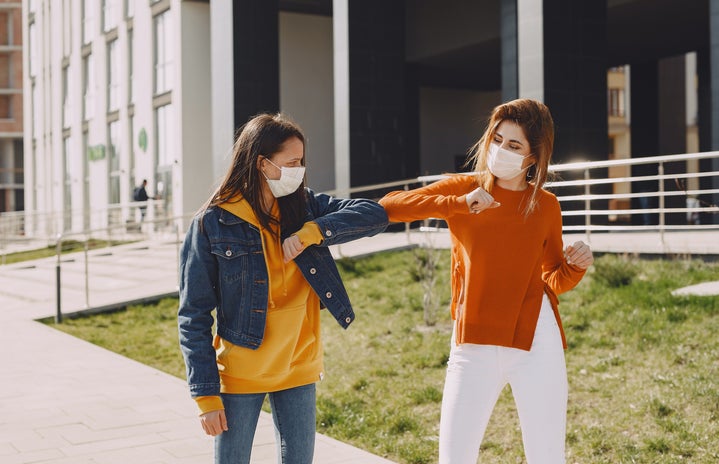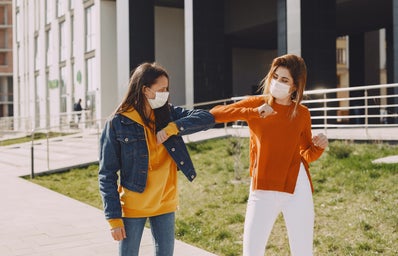Catcalling, sometimes referred to as street harassment, is a common occurrence — so common that 37% of US adults noted that they would not feel secure walking alone after dark. Catcalling may not seem like a very serious issue due in part to the “boys will be boys” narrative that we see in today’s society, as well as the notion that catcalls are complimentary. However, despite any social instinct telling us that this is normal or appropriate behavior, we must understand that catcalling is serious. Catcalling can happen to anyone and anyone can catcall, so it is imperative to spread awareness of the harm done by catcalling to stop it at its root.
I have experienced catcalling a few times in the past. A few years back I was catcalled by an entire basketball team consisting of at least 15 young men all at once, but as I have said in previous articles, I do not want to write all about me. Almost every one of my girl friends has experienced this moment at one point or another, whether it be a horn honking at them on the street, a stranger yelling out of their car, or even a face-to-face encounter. While it is more common for women to experience catcalling or other forms of street harassment, it happens to men as well.
Some friends and I were getting takeout from a restaurant not far from where we live, when an older man approached my male friend (note: he has given me permission to share this story) and began making remarks at him, calling him “cute” and mumbling at him. My friend politely declined his advances and walked away, but the man, unprovoked, began raising his voice and saying things like “you should say thank you”, and “I could have called you ugly”.
Although the issue was resolved, it is something that we have discussed quite a lot together and that continues to baffle us. The idea that anyone affected by catcalling should appreciate the “compliment” is an ancient and patriarchal notion. This idea can lead to catcalling being socially accepted and expresses that those who experience it should be grateful for the attention that they are receiving, thus driving deeper the idea that people — often women — are nothing more than their appearance.
The sad thing is that, although it may not seem like it to someone who has not experienced this type of street harassment, catcalling is common and threatening. After the aforementioned event took place, my male friend looked at me in disbelief and asked, “Is this what it’s like to be a woman?”
Walking alone, especially at night, can be terrifying enough. With the added threat of being called out by a random stranger, it becomes a serious problem that can contribute to anxiety and lack of productivity in the outside world. Being scared to walk alone at night for safety is common, but finding ways to reduce the threats that are so frightening is key to preventing harassment, assault, and overall danger for people who are fearful of becoming victims of such.
In conclusion, catcalling is more than just a “joke”, it is something that can yield shocking outcomes and oftentimes create panic for those who have to endure it. You may be asking now how you can help combat street harassment, and if so, great! Start by walking with a friend so that he/she/they do not feel so alone, have discussions with friends, family, and partners about how they can stay safe in the event that they must walk alone, and talk to people you know who may not be aware of how catcalling can be so distasteful and scary. Spread the word and take care of each other!


